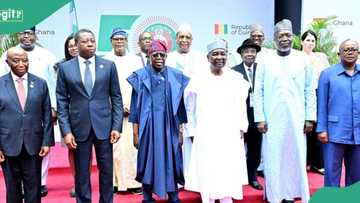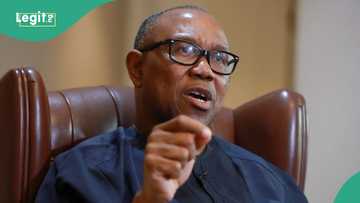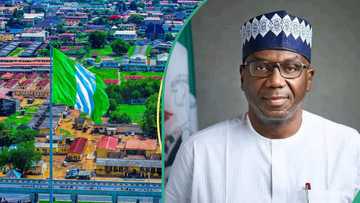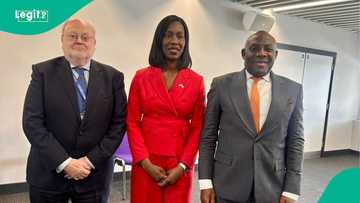Africa Day 2025: Before Europe Pays Reparation, Africa Must Settle Its Own Debts, by Emmanuel Ezeoka
Editor’s note: In this piece, strategic futurist Emmanuel Ezeoka questions Africa’s push for reparations, arguing that before demanding justice from former colonisers, the continent must address its leadership failures and the everyday struggles of its citizens.
The inconvenient truth: What Africa owes
On May 25th, 2025, the air in Addis Ababa echoed with words like justice, reparations, and solidarity. Another Africa Day. Speeches thundered. Flags waved. Fists raised. And the cry rang out: “We demand justice and reparations!"
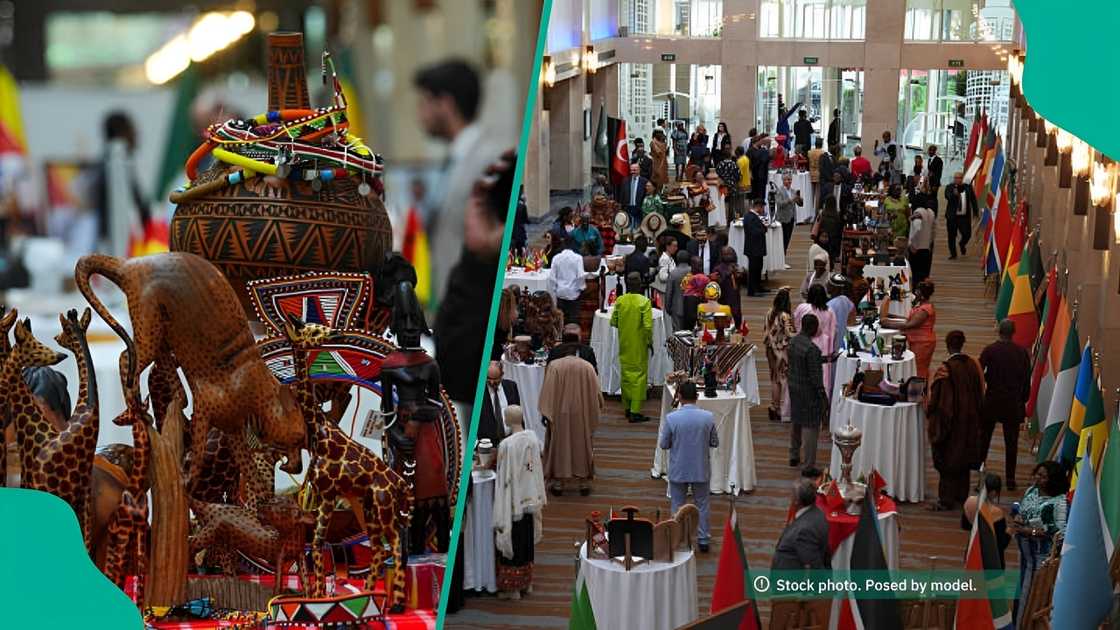
Source: Getty Images
But beneath the noble language and Pan-African symbolism lies a dangerous trend: the weaponization of the reparation movement as a political smokescreen — one that distracts from the chronic dysfunction and failure of leadership at home.
Let’s be clear: colonialism and slavery were crimes against humanity. Generations of Africans were chained, branded, auctioned, and scattered across continents like cargo—families ripped apart, languages extinguished, and civilizations destabilized. During colonial rule, entire economies were engineered to serve foreign masters. Minerals were ripped from the earth, rubber from our forests, and lives from our soil—often with the lash or the gun. In Congo alone, under Belgian rule, an estimated 10 million people perished in forced labor regimes. Across the continent, traditional institutions were dismantled, spiritual systems demonized, and cultural pride eroded. The demand for reparative justice is not only valid — it's overdue.
But here’s the inconvenient truth: Africa is bleeding not just from old scars alone, but from fresh wounds inflicted by its own leaders. And they don’t want you to notice. The same leaders calling for reparative justice from the West often replicate colonial hierarchies within their own nations, hoarding wealth, centralizing power, and denying justice to their own citizens.
State of affairs after independence
In the 1960s, Africa’s independence leaders promised a renaissance—Nnamdi Azikiwe, Kwame Nkrumah, Julius Nyerere, & Patrice Lumumba. They envisioned a united, prosperous continent. But after their departure—whether by death, coup, or displacement—the baton fell into the hands of far less inspired people. It’s been over 60 years since nearly all African nations gained independence. Successive African leaders have held the reins for six decades—long enough to build something better. So, let’s open the report card and ask the hard question: How have they fared?
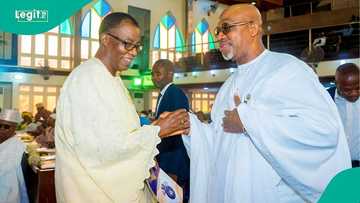
Read also
Dapo Abiodun, Gbenga Daniel, and Ogun state’s theatre of political deceit by ‘Toks Oguntuga
As of May 25, 2025, in many African countries, pregnant women still trek kilometers to reach underfunded clinics. If they survive childbirth, it's often not because of the system, but in spite of it. In sub-Saharan Africa today, 545 women die for every 100,000 live births—more than double the global average of 223, and nearly 100 times that of high-income countries.
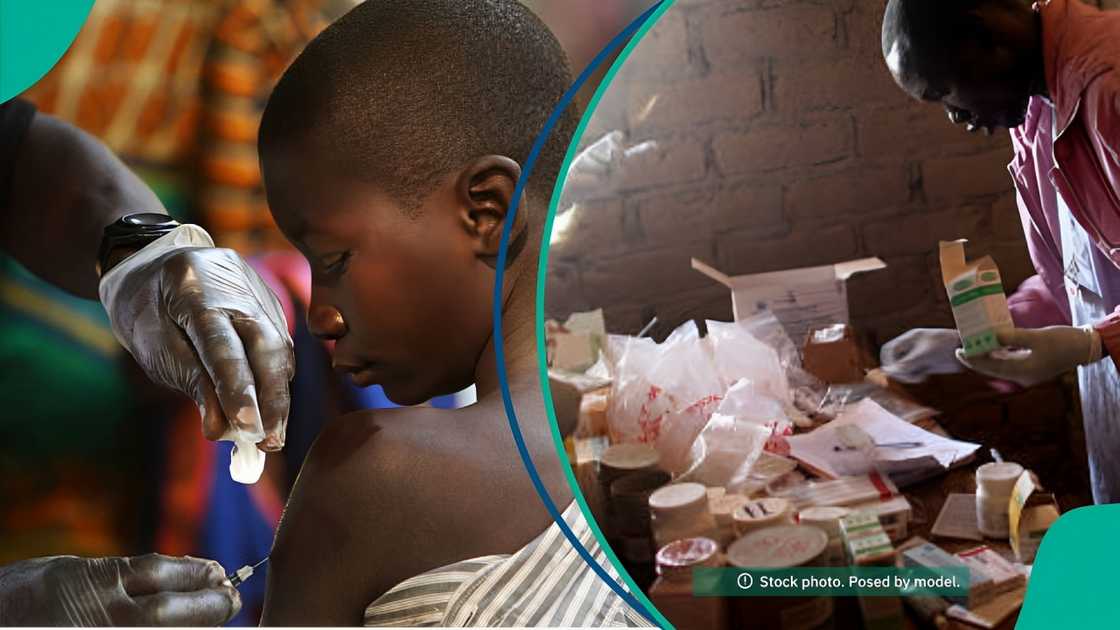
Source: Getty Images
Children still sit in overcrowded classrooms with broken windows and no electricity, taught by underpaid, unqualified teachers using tattered textbooks—if any. Nigeria alone accounts for nearly 20 million out-of-school children, the highest number globally.
Clean water is now a luxury. In countless communities, families still fetch it from streams shared with livestock. Power outages are the norm, not the exception, even as over 600 million Africans still lack access to electricity. In Sierra Leone, 1 in 4 people still lack basic sanitation.
More than a quarter of the world’s hungry live in Africa. One in five people on the continent is considered chronically malnourished. By 2000, one in two poor people in the world lived in Africa. In 2024, that number has worsened—62% of the world’s extreme poor are now African. Africa now hosts the poverty capital of the world—Nigeria.
This scorecard reeks of failure and inefficiency. It’s convenient to shift blame to historic colonialism when present-day oppression is often local, homegrown, and avoidable.
Diplomatic misdirection
Now, picture African leaders standing on international platforms, demanding reparations for colonial-era wrongs. Meanwhile, education budgets vanish into phantom projects, and their convoys fly overhead in luxury jets. Natural resource wealth is siphoned offshore, while young graduates hawk sachet water in traffic.
These wounds—silent, modern, self-inflicted—are no less fatal. And they don’t want you to notice. Because as long as the world stares backward at colonial crimes, no one’s watching the crimes being committed today. This juxtaposition isn't fictional—it’s the reality for many African countries.
Reparations are a moral demand. But they are not a substitute for leadership. Before we chase restitution abroad, we must confront betrayal at home.
Follow the money
According to the African Development Bank, Africa loses an estimated $88.6 billion annually to illicit financial flows—more than it receives in official development aid. That’s nearly $900 billion every decade, spirited away through corruption, tax evasion, and shady deals. Compare that to the speculative anticipated figures of reparations—still largely symbolic—and one begins to see the scale of the hypocrisy.
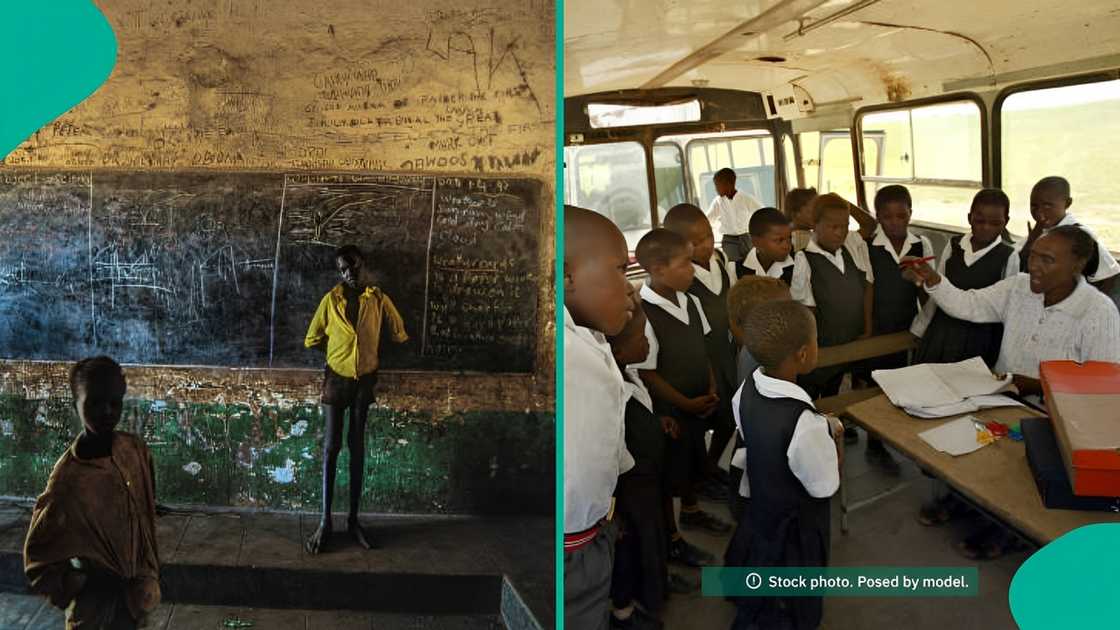
Source: Getty Images
And who’s doing the looting? Not former colonizers, but current African leaders—the very ones leading the reparations charge. In Nigeria, the infamous Abacha loot—repatriated in multiple tranches—has become a case study in cyclical embarrassment. Billions recovered. Billions re-looted. And yet, the call for more restitution remains unabated.
Meanwhile, public trust in African governments is plummeting. Afrobarometer data reveals a growing disillusionment, particularly among the 600 million youths. Why? Because they see through the charade. Among the countries whose leaders shout the loudest about reparations, many rank among the world’s most corrupt. Public trust in governance is plummeting. In some cases, only less than 20% of citizens trust their government to spend money responsibly.
So, what’s really going on?
Reparations have become a rhetorical smokescreen—a moral cudgel wielded not to uplift the African citizen, but to obscure the failures of leadership. It is easier to blame Europe than to fix broken hospitals. Easier to shout “Justice!” in New York than to prosecute a corrupt minister at home. But justice begins at home. And before Africa can cash the reparations cheque, it must pay its internal debts.
The real reparations Africa needs
Let’s launch an “African Internal Reparations First” Compact—a continental initiative requiring African states to:
- Establish a Pan-African Accountability Court—independent, civil-society-led, empowered to investigate and prosecute grand corruption (past and present) and seize ill-gotten gains.
- Channel those funds into public infrastructure, education, and healthcare, tangibly improving the lives of citizens.
- Publish annual “People’s Reparations Reports” detailing what was recovered, where it went, and who benefited.
And here’s the boldest move yet: make reparations conditional. Any future funds received from former colonizers must be ring-fenced in development trust funds, with ironclad transparency mechanisms. Let these funds build primary health centers, decentralized learning ecosystems (schools), and new towns, not second homes in Switzerland. Reparations should never become one more windfall for the ruling class.
Africa cannot outsource its dignity. Not in press conferences. Not in foreign vaults. Not in empty slogans. But in clinics. In schools. In trust. That’s where true reparations begin.
We cannot march to freedom with one hand outstretched and the other in the cookie jar.
Pen dropped. Now let’s get to work!
Emmanuel Ezeoka is an entrepreneur and strategic policy futurist focused on systemic transformation, particularly through the Global Africa Agenda. With deep experience in international development, technology, infrastructure, and future city design, Ezeoka leads the charge for a private-sector-driven transformation for the development of holistic, empowered ecosystems. Committed to global development equity, he writes from Abuja, Nigeria. Contact: ezeokaemmanuel@gmail.com
Disclaimer: The views and opinions expressed here are those of the author and do not necessarily reflect the official policy or position of Legit.ng.
Source: Legit.ng


